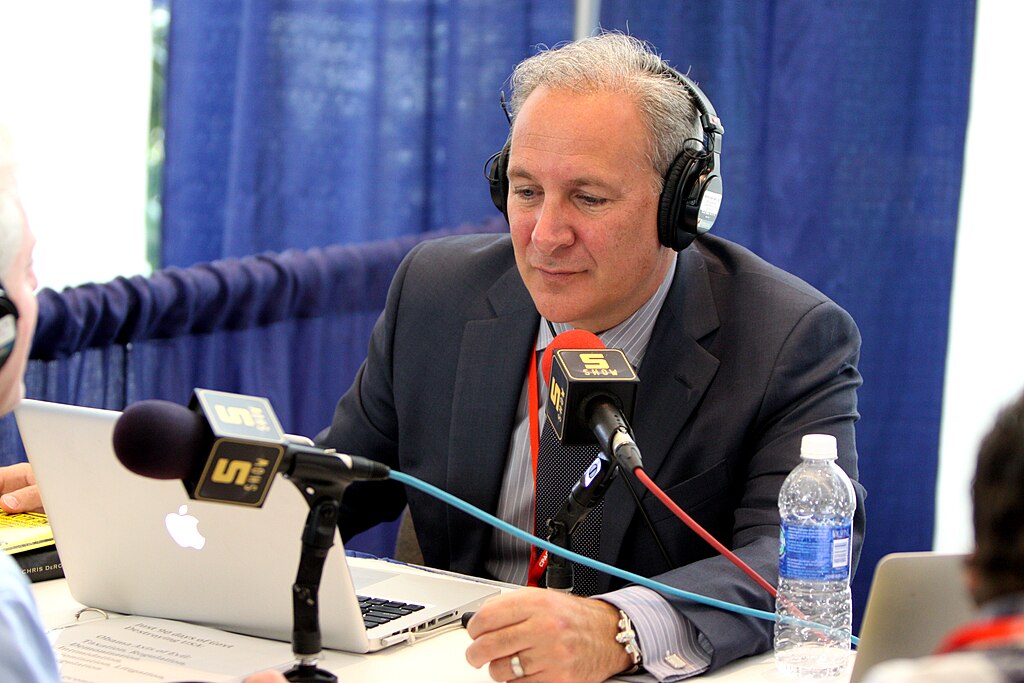Tether (USDT) reiterated its commitment to work with authorities worldwide to expedite investigations of crypto transactions. While the U.S. dollar stablecoin issuer also expressed its willingness to comply with instructions and requests from enforcement agencies, the company is standing by its decision not to freeze cryptocurrency trail-mixer Tornado Cash smart contract addresses sanctioned by the U.S. Office of Foreign Assets Control (OFAC) in its Specially Designated Nationals and Blocked Persons (SDN) list.
“Tether works closely with law enforcement worldwide to assist in investigations, including freezing addresses,” the company stated in a blog post on Wednesday. “We are in almost daily contact with key law enforcement officers and pride ourselves on the timeliness with which we respond to their requests. When Tether receives an applicable/legitimate request from a verified law enforcement agent to freeze a privately held wallet, the Company complies with the freeze (we do not freeze wallets of exchanges/services).”
Tether’s reason for not freezing the addresses mentioned in the SDN list is that there was no specific instruction from the agency or any regulator to do so. “So far, OFAC has not indicated that a stablecoin issuer is expected to freeze secondary market addresses that are published on OFAC’s SDN List or that are operated by persons and entities that have been sanctioned by OFAC,” the company explained. “Further, no US law enforcement agency or regulator has made such a request despite our near-daily contact with US law enforcement whose requests always provide precise details.”
Tether said that even if the company spots suspicious activities, freezing an address without instruction from law enforcement might interfere with ongoing investigations. The company said that unilaterally freezing addresses can be highly disruptive and reckless as it might alert suspected criminals and make them realize they are being monitored.
“In fact, in our dealings with law enforcement we are sometimes made aware of addresses potentially related to crime and are specifically instructed not to freeze the addresses without the explicit request from law enforcement as this could alert suspects of the law enforcement investigation, cause liquidations or abandonment of funds and jeopardize further connections that might have been established,” Tether added.
Viewed from this angle, Tether explained why it has reservations about USD Coin issuer Circle's decision earlier this month to unilaterally freeze Tornado Cash smart contract addresses. “We believe that, if made without instructions from US authorities, the move by USDC to blacklist Tornado Cash smart contracts was premature and might have jeopardized the work of other regulators and law enforcement agencies around the world,” the company explained.
























Comment 0